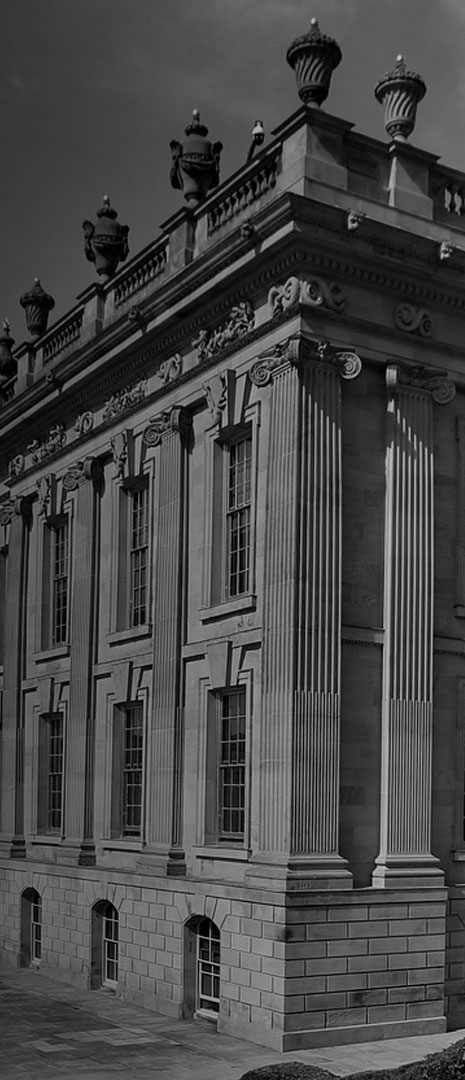
Individual Bodyguard (BG)
Individual Bodyguard (BG)
Individual Bodyguard (BG) is a highly trained security professional responsible for providing personalised protection to a specific individual, often referred to as a principal, client, or VIP (Very Important Person). Here's a detailed overview of the responsibilities, skills, and qualities associated with being an Individual Bodyguard:
Responsibilities:
- 1. Close Protection: Provide close protection and physical security to the principal, ensuring their safety and well-being at all times.
- 2. Threat Assessment: Conduct threat assessments and risk analyses to identify potential security risks, vulnerabilities, and threats to the principal's safety.
- 3. Advance Planning: Plan and prepare security arrangements for the principal's movements, events, or travel, including route planning, venue assessments, and coordination with relevant stakeholders.
- 4. Surveillance: Maintain vigilant surveillance of the principal's surroundings, monitoring for potential threats, suspicious behaviour, or security breaches.
- 5. Access Control: Control access to the principal, managing entry points, screening visitors, and implementing security protocols to prevent unauthorised individuals from approaching or interacting with the principal.
- 6. Emergency Response: Respond swiftly and effectively to security incidents, emergencies, or threats encountered by the principal, employing appropriate tactics and procedures to mitigate risks and ensure their safety.
- 7. Escort Services: Provide escort services for the principal during travel or movements, ensuring secure transportation and safe passage to their destinations.
- 8. Communication: Maintain clear and effective communication with the principal, other members of the security team, and relevant stakeholders, providing updates, instructions, and situational reports as necessary.
- 9. Conflict Resolution: Resolve conflicts or confrontations calmly and professionally, de-escalating potentially volatile situations and ensuring the safety of the principal and others involved.
- 10. Client Liaison: Build rapport and trust with the principal, understanding their preferences, concerns, and security needs, and providing personalised protection services tailored to their requirements.
Skills and Qualities:
- 1. Security Expertise: Specialised training and expertise in close protection, defensive tactics, threat assessment, and emergency response procedures.
- 2. Physical Fitness: Excellent physical fitness and stamina to perform physically demanding tasks, including standing for long periods, conducting patrols, and responding to security incidents.
- 3. Observation Skills: Strong observational skills to detect and assess potential security threats, suspicious behaviour, or unusual activity in the vicinity of the principal.
- 4. Communication Skills: Clear and effective verbal and non-verbal communication skills to convey instructions, updates, and warnings to the principal and other members of the security team.
- 5. Adaptability: Flexibility to adapt to changing environments, circumstances, or security requirements, while maintaining focus and composure in dynamic and unpredictable situations.
- 6. Decision-making: Sound judgement and quick decision-making abilities, particularly in high-pressure or emergency situations, to prioritise tasks and take appropriate action to protect the principal.
- 7. Conflict Resolution: Ability to resolve conflicts or confrontations calmly and professionally, using diplomacy, negotiation, and assertiveness to defuse tensions and maintain a secure environment.
- 8. Ethical Conduct: Adherence to ethical principles, confidentiality agreements, and legal standards in conducting close protection operations, ensuring professionalism and integrity in all interactions.
- 9. Teamwork: Strong teamwork and collaboration skills to work effectively with other members of the security team, coordinating efforts and supporting each other to ensure the safety of the principal.
- 10. Cultural Sensitivity: Cultural awareness and sensitivity to the needs, customs, and preferences of the principal, particularly in multicultural or international settings, fostering trust and cooperation in the security relationship.
Overall, a successful Individual Bodyguard possesses a combination of specialised training, physical fitness, observation skills, communication skills, adaptability, decision-making abilities, conflict resolution skills, ethical conduct, and cultural sensitivity, enabling them to provide personalised and effective protection to their principal in a variety of environments and situations.